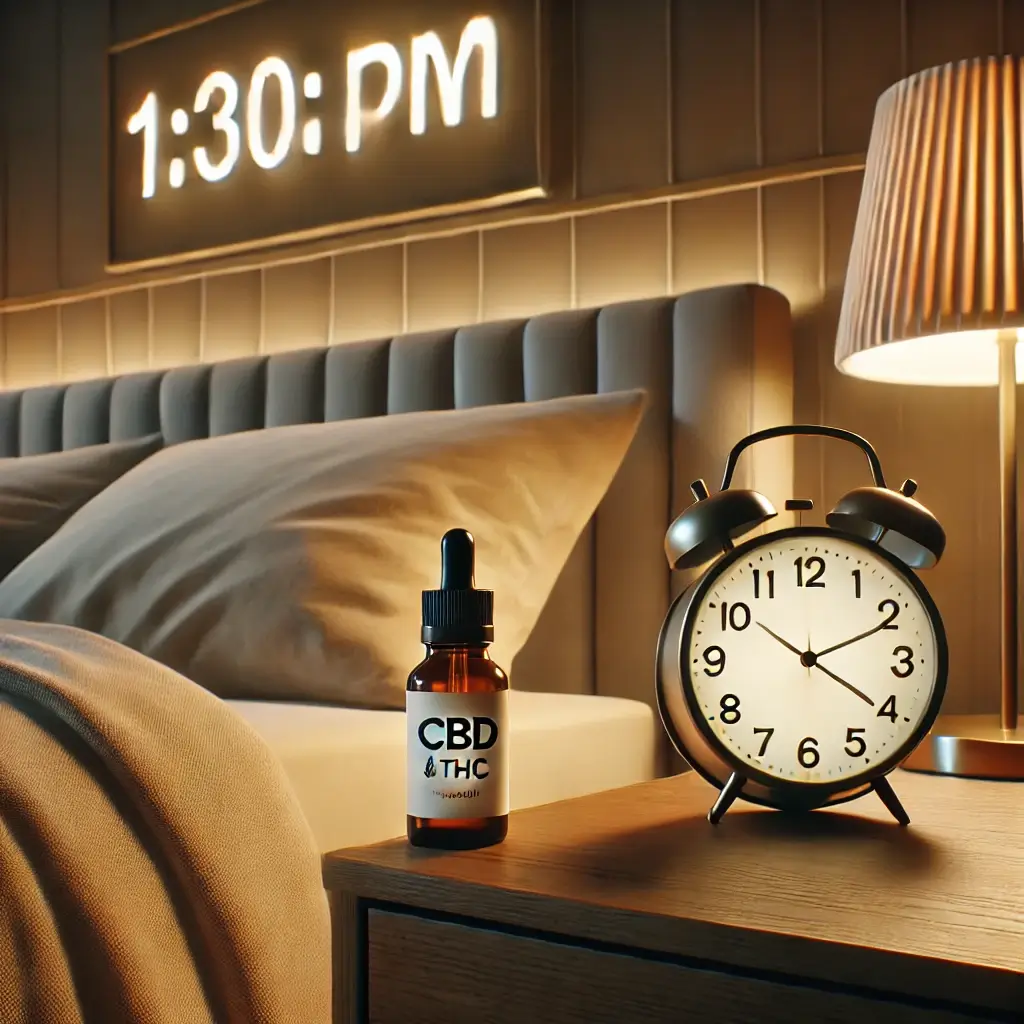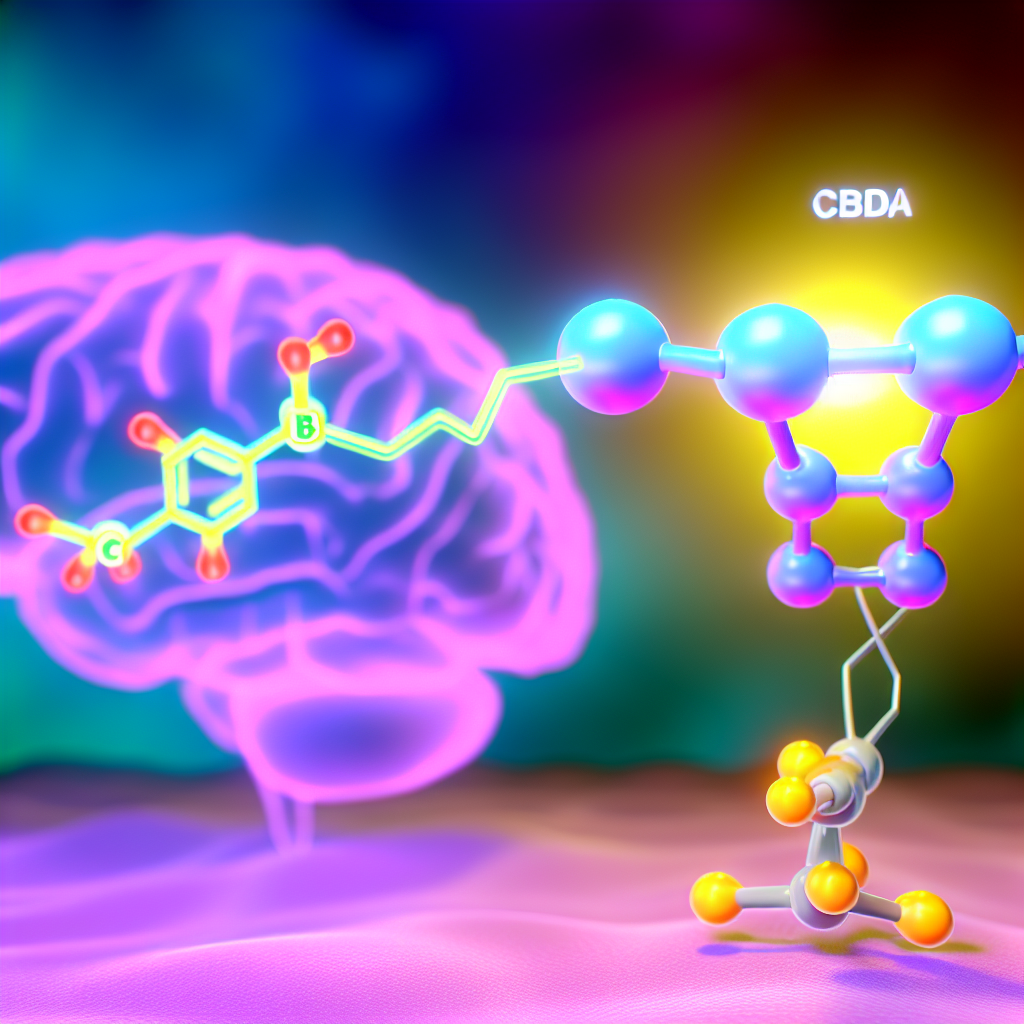Alternative Sleep Solutions Through Cannabis Microdosing
For many individuals struggling with sleep issues, from insomnia to interrupted sleep cycles, cannabis has become an alternative to traditional sleep aids. Microdosing cannabis for sleep improvement, the practice of taking small amounts of cannabis (typically under 10 mg of THC), allows users to experience therapeutic effects without the intense sedation or psychoactive impact of higher doses. This approach can be particularly beneficial for those looking to improve sleep quality without next-day grogginess or dependency on pharmaceuticals.
Understanding Sleep Disorders and Cannabis Effects
Sleep disorders are common, affecting millions of people worldwide. The search for natural remedies has increased as patients seek options that provide restful sleep without significant side effects. By interacting with the endocannabinoid system, cannabis can influence various sleep-related processes, such as sleep onset, depth, and duration. Cannabis compounds for sleep enhancement, notably tetrahydrocannabinol (THC) and cannabidiol (CBD), are known to impact sleep, with CBD often associated with calming effects and low-dose THC shown to enhance sleep onset.
Benefits of Cannabis Microdosing for Sleep
With microdosing, patients can take advantage of cannabis’s sleep-enhancing properties at levels that minimize the risk of tolerance and next-day impairment. This article explores how microdosing can be an effective tool for those seeking to enhance their sleep health.
Scientific Research on Cannabis Microdosing
Research supports the idea that microdosing cannabis for improved sleep quality can positively impact sleep quality, particularly by shortening the time it takes to fall asleep and by deepening restorative sleep. A 2021 study published in Sleep Medicine Reviews found that small doses of THC significantly improved sleep latency—the time taken to fall asleep—in patients with insomnia. This effect was achieved without the cognitive impairment often associated with higher doses of THC, making it suitable for those looking to avoid morning drowsiness.
Practical Guidelines for Sleep Microdosing
To begin a microdosing regimen for sleep, individuals are advised to start with a low dose of around 1-3 mg of THC, often combined with CBD to further promote relaxation. CBD may counterbalance some of the stimulating effects of THC, producing a balanced effect that aids in sleep onset and continuity. Optimal timing for cannabis microdosing is also essential; taking a microdose 30-60 minutes before bedtime allows enough time for the effects to take hold, helping ease users into restful sleep.
Effective Products for Sleep Microdosing
Various cannabis products for sleep microdosing can be effective for sleep microdosing, including low-dose tinctures, edibles, or capsules. Tinctures are particularly popular as they allow precise dosing and are fast-acting when taken sublingually (under the tongue). Edibles, while slower in onset, can provide longer-lasting effects, making them beneficial for those who experience early morning awakenings. Low-dose capsules are another alternative that provides consistent dosing, especially helpful for patients who find tinctures or edibles too strong or variable.
Recent Research Findings
A study in 2022 published by Cannabis Science and Technology examined patients using low doses of THC and CBD for sleep improvement and found that microdosing helped patients fall asleep faster and stay asleep longer. This research highlights the therapeutic potential of microdosing cannabis as a natural sleep aid that aligns with the body’s natural sleep-wake cycle without causing tolerance buildup or next-day drowsiness.
Final Considerations
For those struggling with sleep disorders or seeking better sleep quality, microdosing cannabis provides a practical, effective solution. By taking small doses, patients can harness the sleep-supporting benefits of cannabis while minimizing unwanted side effects, such as next-day grogginess. As the research grows, microdosing is proving to be a valuable tool for natural sleep improvement. Consulting healthcare providers for cannabis microdosing should consult healthcare providers for personalized guidance and to ensure safe usage, particularly with regard to dosing and product selection.




